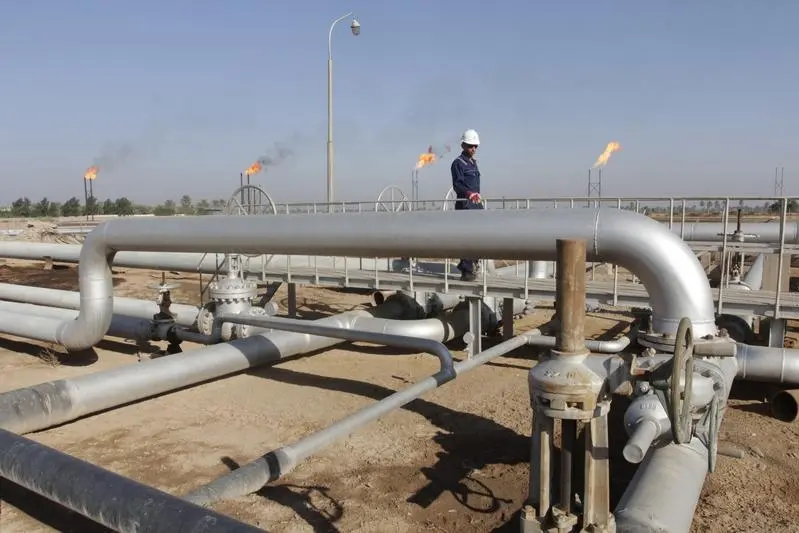PHOTO
DUBAI - Kuwait Energy, an independent oil and gas company, has hired investment bank Perella Weinberg Partners (PWP) to advise it on options that could include selling all or part of its Block 9 asset in southern Iraq and a spin-off of Egyptian assets, sources familiar with the matter said.
The move is aimed at creating much-needed liquidity for the company's shareholders and a cash buffer to repay its debt, the sources said.
Kuwait Energy and Perella Weinberg declined to comment.
The move comes after Kuwait Energy ended discussions on a possible merger with London-listed SOCO International earlier this year, saying the parties had not reached “mutually acceptable transaction terms”.
The Kuwaiti company, which is headquartered in Bahrain and has assets in Iraq, Oman, Egypt and Yemen, started the merger discussions after failing last year to complete an initial public offer of its shares on the London exchange, through which it had hoped to raise about $150 million.
This led in December to a board shake-up, which included the resignation of the company’s chief executive and co-founder, Sara Akbar, and the appointment of six new board directors.
Kuwait Energy earlier this year sold an 8.57 percent stake in Block 9 to Dragon Oil, a subsidiary of Dubai’s Emirates National Oil Company (ENOC), for $100 million and has settled an ownership dispute with the Dubai entity by giving it an additional 6.43 percent stake in the block.
The company's operations in Iraq are focused on three assets, including Block 9, while in Egypt it has interests in four oil and gas fields.
At the end of 2017, Kuwait Energy had a cash balance of $65.6 million. The company has an outstanding $250 million bond due in 2019, and it should start repayments of a convertible loan of around $150 million this year to an entity controlled by private equity group Abraaj.
The bonds, with a 9.5 percent coupon, are yielding around 14 percent, or at a cash price discount of five cents on the dollar, Thomson Reuters data shows.
Rating agency Fitch downgraded the company last year to CCC from B-(minus) as it believed the probability of default had increased due to the unsuccessful IPO attempt and the lack of alternative sources of long-term funding, combined with a low cash balance.
(Additional reporting by Saeed Azhar; Editing by Ghaida Ghantous and Mark Potter) ((Davide.Barbuscia@thomsonreuters.com; +971522604297; Reuters Messaging: davide.barbuscia.reuters.com@reuters.net))





















